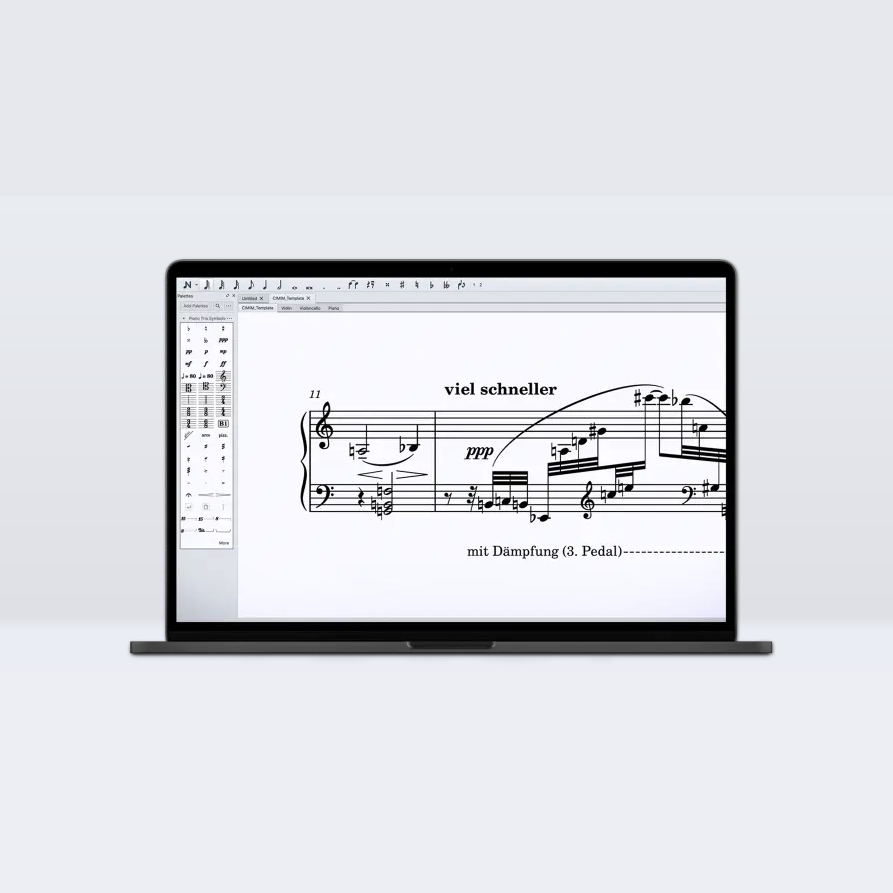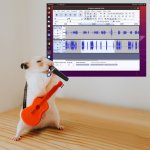Muse Group—owner of the popular audio-editing app Audacity—is in hot water with the open source community again. This time, the controversy isn't over Audacity—it's about MuseScore, an open source application that allows musicians to create, share, and download musical scores (especially, but not only, in the form of sheet music).
The MuseScore app itself is licensed GPLv3, which gives developers the right to fork its source and modify it. One such developer, Wenzheng Tang ("Xmader" on GitHub) went considerably further than modifying the app—he also created separate apps designed to bypass MuseScore Pro subscription fees.
After thoroughly reviewing the public comments made by both sides at GitHub, Ars spoke at length with Muse Group Head of Strategy Daniel Ray—known on GitHub by the moniker "workedintheory"—to get to the bottom of the controversy.
What’s MuseScore?
Before we can talk about how Muse Group got itself in trouble, we have to talk about what the MuseScore app itself is—and is not. The MuseScore application provides access to sheet music, including legitimate access to sheet music copyrighted and owned by large groups such as Disney.
It's important to note that the application itself and the sheet music to which it provides access are not the same thing, and they are not provided under the same license. The application itself is GPLv3, but the musical works it enables access to via musescore.com have a wide variety of licenses, including public domain, Creative Commons, and fully commercial.
In the case of commercial all-rights-reserved scores, Muse Group is not generally the rightsholder for the copyrighted work—Muse Group is an intermediary that has secured the rights to distribute that work via the MuseScore app.



 Loading comments...
Loading comments...
